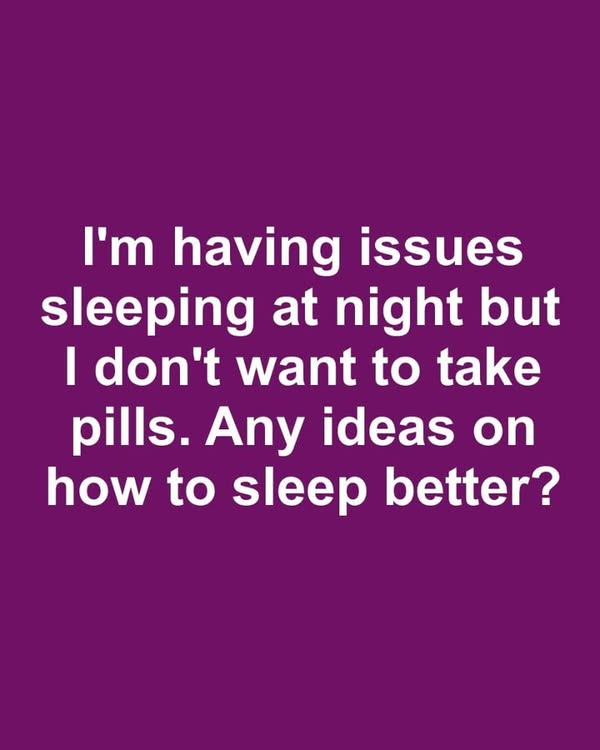
Cracking the Code to a Good Night’s Sleep
Sleep problems can hit for many reasons—stress, daily habits, or your surroundings. Whether it’s trouble nodding off, waking up constantly at night, or rising way too early, getting to the root of these issues is key. Keeping a sleep diary can be a game-changer, helping you spot patterns and triggers.
The Basics of Sleep Hygiene
Sleep hygiene is all about habits that set you up for quality shut-eye. Sticking to a regular sleep schedule, making your bedroom cozy, and avoiding caffeine and nicotine before bed are musts. These simple steps can boost your sleep quality and overall well-being.
Wind Down with a Bedtime Routine
A relaxing pre-sleep routine tells your body it’s time to relax. Think reading a book, taking a warm bath, or practicing deep breathing or meditation. The goal is to unwind and leave the day’s stress behind.
Food, Drink, and Your Sleep
What you consume can make or break your sleep. Heavy meals or caffeine close to bedtime are a no-go, while foods rich in tryptophan, magnesium, and melatonin can work wonders. Incorporate almonds, bananas, or chamomile tea into your evening for better sleep.
Exercise and Sleep: Timing is Everything
Regular exercise helps you fall asleep faster and sleep deeper. But when you work out matters—intense exercise too close to bedtime can backfire. Aim to finish your workout a few hours before hitting the sack.
Beat Stress for Better Zzzs
Stress and anxiety often mess with your sleep. Mindfulness meditation, progressive muscle relaxation, and journaling can help manage stress. Tackle the root causes, and you’ll create a peaceful mindset perfect for sleep.
Your Bedroom: A Sleep Sanctuary
Your sleep space matters big time. Keep your bedroom dark, quiet, and cool. Blackout curtains, earplugs, or a white noise machine can transform it into an ideal sleep zone. A comfy mattress and pillows are also key for a restful night.
Natural Sleep Aids: Worth a Try?
If you’d rather skip medication, natural sleep aids might be an option. Herbal remedies like valerian root, lavender, and passionflower have long been used to relax and promote sleep. But always check with a healthcare pro before trying new supplements.
Tech and Your Sleep: The Blue Light Problem
Screens before bed can wreck your sleep. The blue light they emit suppresses melatonin, making it hard to fall asleep. Cut screen time at least an hour before bed, or use blue light filters if you need to use devices.
When to See a Pro
If your sleep troubles persist despite your best efforts, it’s time to seek help. Chronic sleep issues could signal a disorder like insomnia or sleep apnea. A healthcare provider or sleep specialist can offer solutions to improve your sleep health.